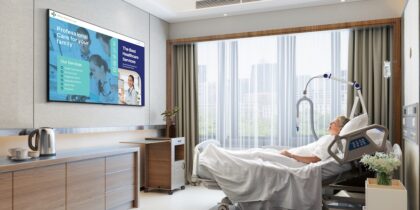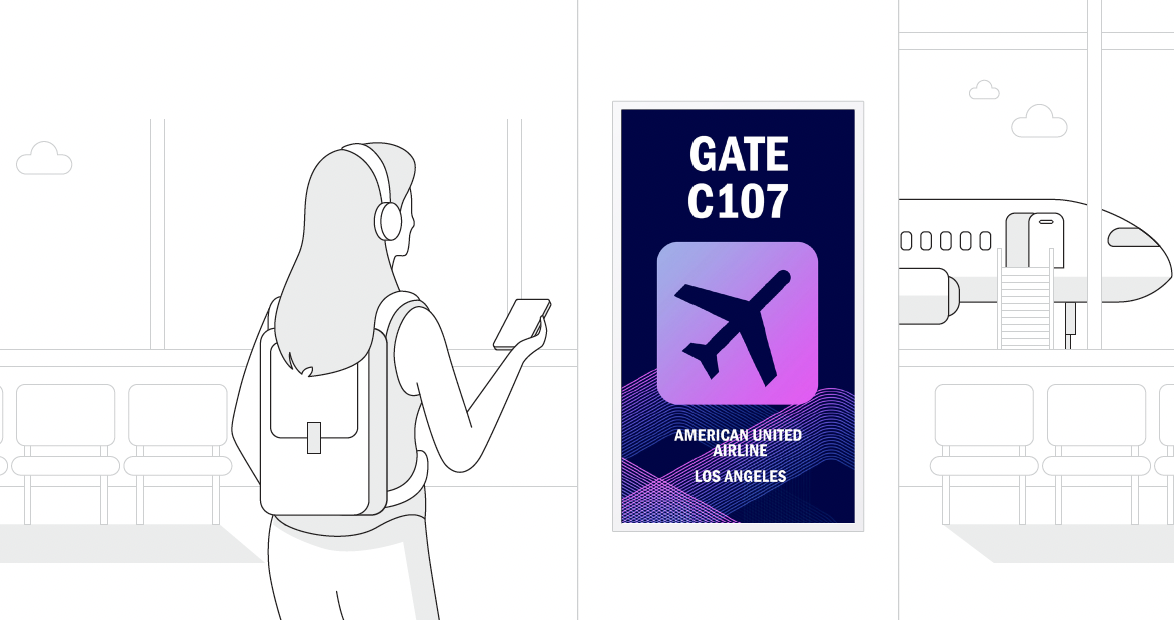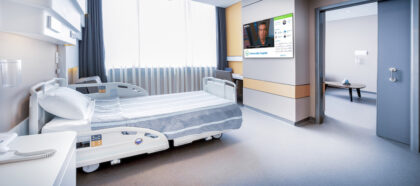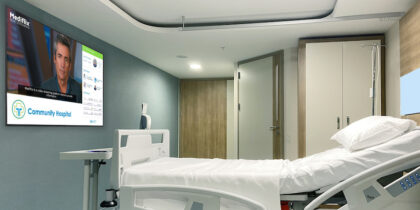Providers too often are left in the dark when it comes to care coordination, frequently unaware when one of their patients is transferred, admitted to or discharged from a facility. But according to MobiHealthNews, Boston-based startup PatientPing might have the solution. The platform’s potential to address fragmentation across the healthcare system and keep providers informed about where their patients go after care has the healthcare investment community taking notice.
PatientPing raised $31.6 million in Series B funding , following up a previous round of $9.6 million in capital. The funding will be used to hire more staff, expand into new geographies and further develop the clinical event notification platform. The startup currently boasts a network of over 15,000 providers across Massachusetts, Connecticut, Michigan, Pennsylvania, Vermont and New Hampshire, most recently partnering with UMass Memorial Health Care System.
The Care Coordination Platform
PatientPing users are notified when they encounter a new patient and receive care instructions along with their “Ping,” a real-time message that includes essential information such as patient visit history and their care team’s contact information.
The notifications are similar to an electronic health record, or EHR, only pared-down and web-based. After receiving the information, providers are able to coordinate treatment options and align continuum-of-care strategies via email, fax or phone. As the platform stands now, providers must log in to receive notifications, but push notifications for smartphones and tablets are being developed.
The EHR-agnostic platform works in acute, ambulatory and post-acute facilities.
Revolutionize the patient journey.
Here's how hospitals are using technology to create an interactive patient experience. Download Now
Benefits to ACOs
As Modern Healthcare notes, this next-level care coordination is perhaps most beneficial to providers who are members of accountable care organizations, or ACOs, that receive financial incentives to manage the care of specific patient populations. Since many of these arrangements leave patients free to receive care where they like, clinicians are largely left in the dark regarding their patients’ care decisions.
PatientPing is currently focused on Medicare patients, especially those with multiple, chronic conditions. At risk for poor care coordination, these patients regularly balance various doctors and need to avoid poor follow-up care and duplicate procedures. According to CEO and founder Jay Desai, for PatientPing to be optimal, a minimum of 80 percent of the providers in a region should be connected, as notifications come only from facilities to which PatientPing is connected.
According to Desai, they are just getting started. “It’s an important moment in history to modernize our country’s healthcare IT infrastructure,” says Desai, “and we’re thrilled to partner with the world’s most innovative investors from both coasts to support us on our journey.”
Whether in home or in the hospital, our healthcare solutions are designed to enhance the patient experience and increase efficiency for doctors and caregivers.








